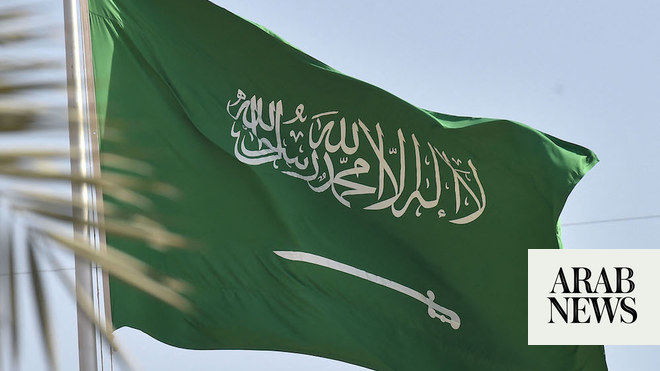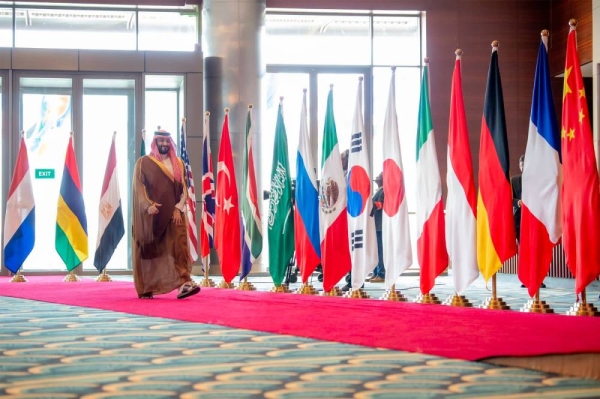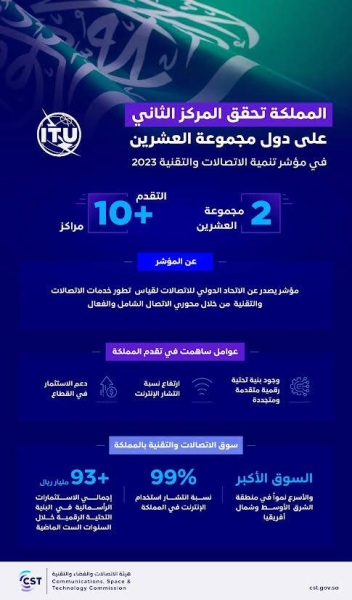
Saudi Arabia came in third among the G20 group in reducing emissions from fuel consumption, after recording a 4.4 percent decrease in the country’s emissions until 2018.
Saudi’s data showed a 4.4 percent or 26 million tons fall in emissions, down from 579 metric tons of carbon dioxide (MtCO2) in 2017 to 553 MtCO2 in 2018.
Previous estimates had put the reduction at 2.4 percent equivalent to 15 MtCO2, according to an analysis published by King Abdullah Petroleum Studies and Research Center (KAPSARC).
KAPSARC noted that Saudi Arabia moved up from being fourth to the third-fastest reducer of emissions from fuel consumption among the G20 group of countries, behind Brazil and France and ahead of Germany and Japan, which round out the top five.
Researcher Nicholas Howarth said that this reduction comes as Saudi Arabia hosts the G20 where climate change is a priority agenda item, adding that this allows the Kingdom to exhibit leadership on the issue.
“This new data shows that the impact of energy efficiency and energy price reforms in reducing wasteful energy use has been even greater than expected,” noted Howarth.
He indicated that prior to 2016, CO2 emissions grew at over 5 percent each year.
The analysis showed that the rate of improvement in the energy intensity of Saudi Arabia’s economy was 5.5 percent in 2018, well above the global average of 1.2 percent.
Expert Alessandro Lanza also explained that falling energy intensity was responsible for 81 percent of the emissions reductions, meaning more value is being created for every unit of energy consumed locally.
Researcher Thamer al-Shehri said that three factors led to the sharp fall in low carbon emissions and diesel consumption.
The study showed that emissions from the transport sector fell by an extra 10 MtCO2 due to diesel emissions falling by 19 MtCO2, or 43 percent, from 43.5 MtCO2 in 2017 to 24.5 MtCO2 in 2018.
KAPSARC is a non-profit institution for independent research into global energy economics. It develops economic frameworks to help achieve effective alignment between energy policy objectives and outcomes.
The center is working to advance the understanding of energy economics and to act as a catalyst for dialogue, charting a path to better welfare for societies, locally and globally.












